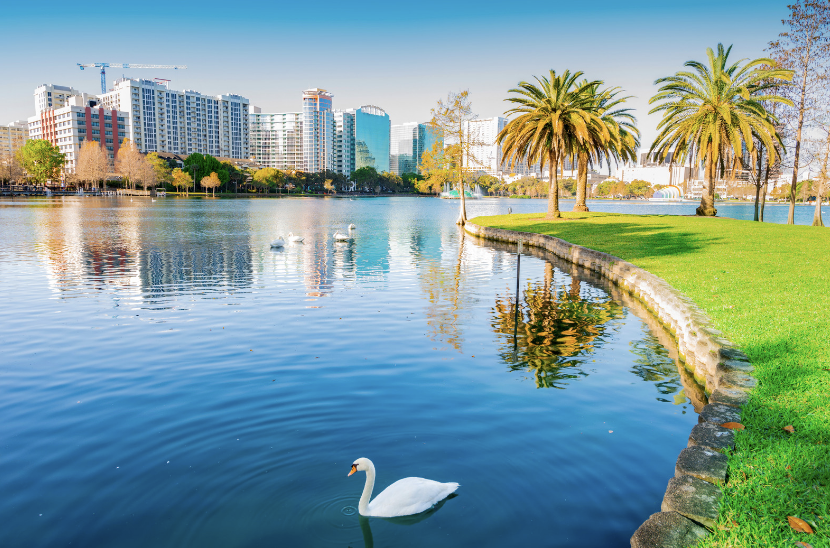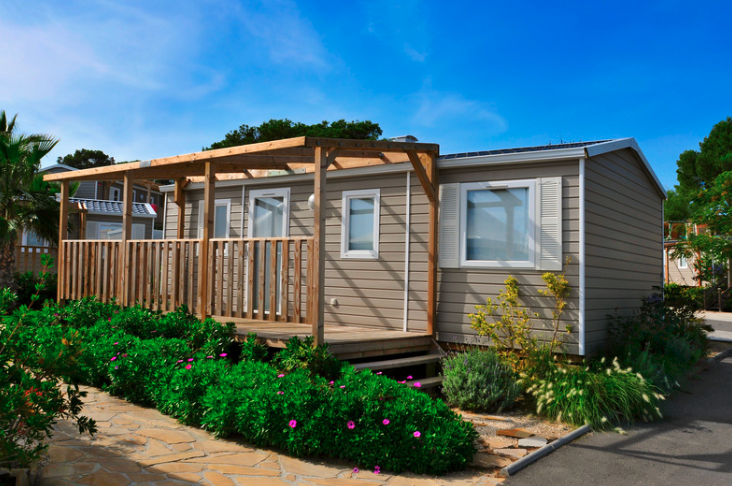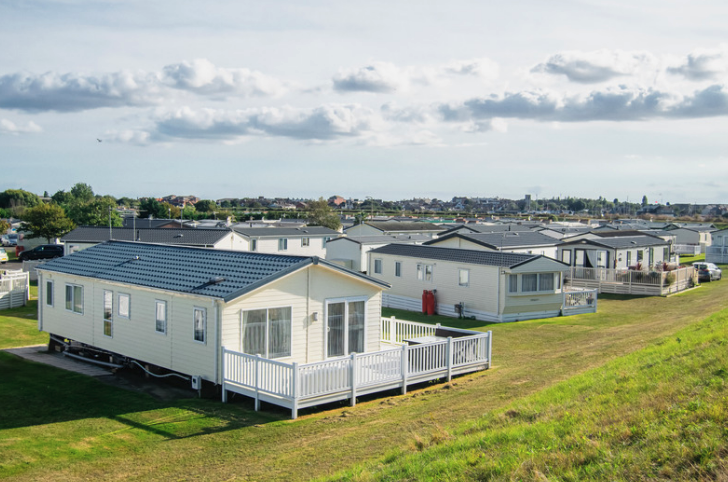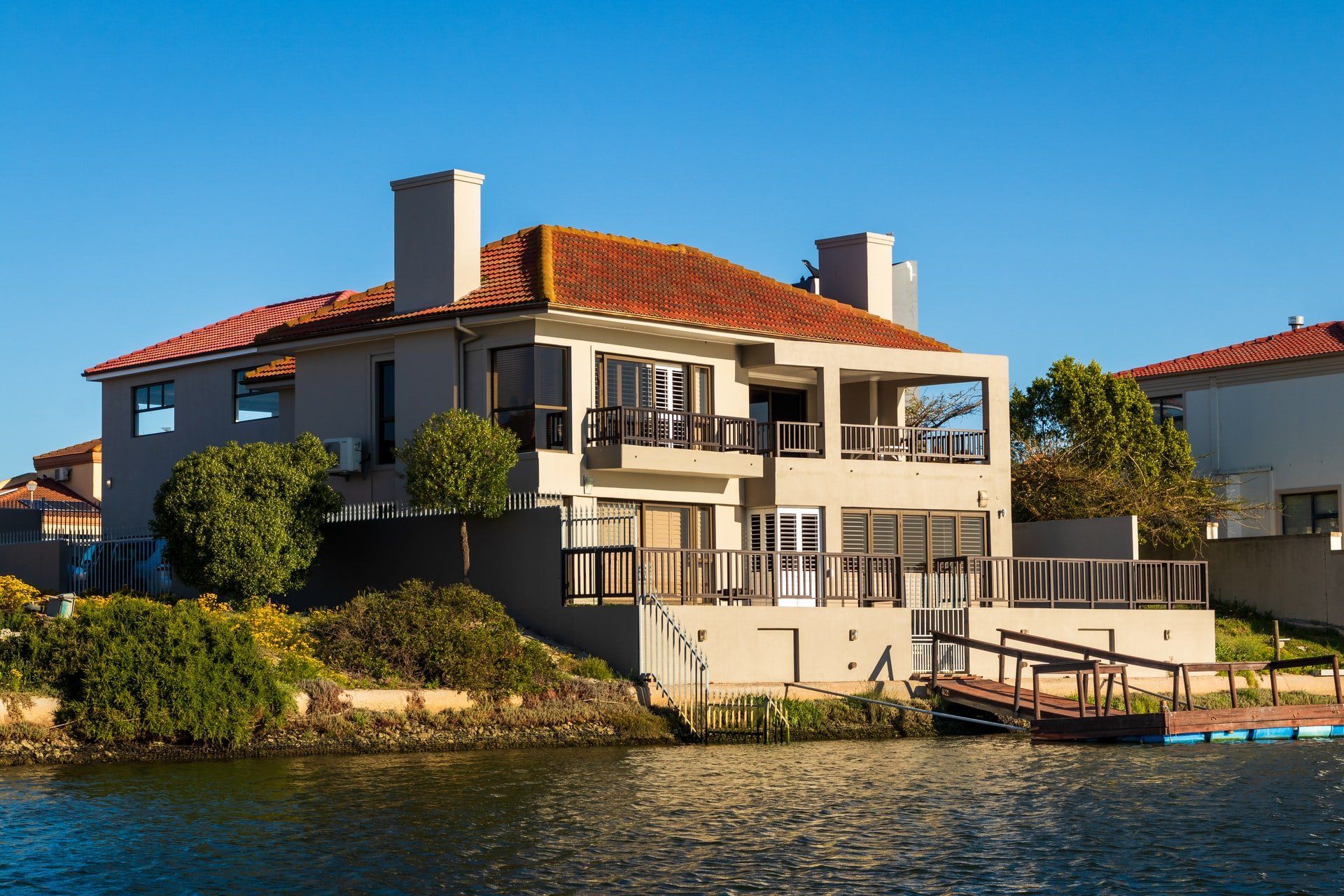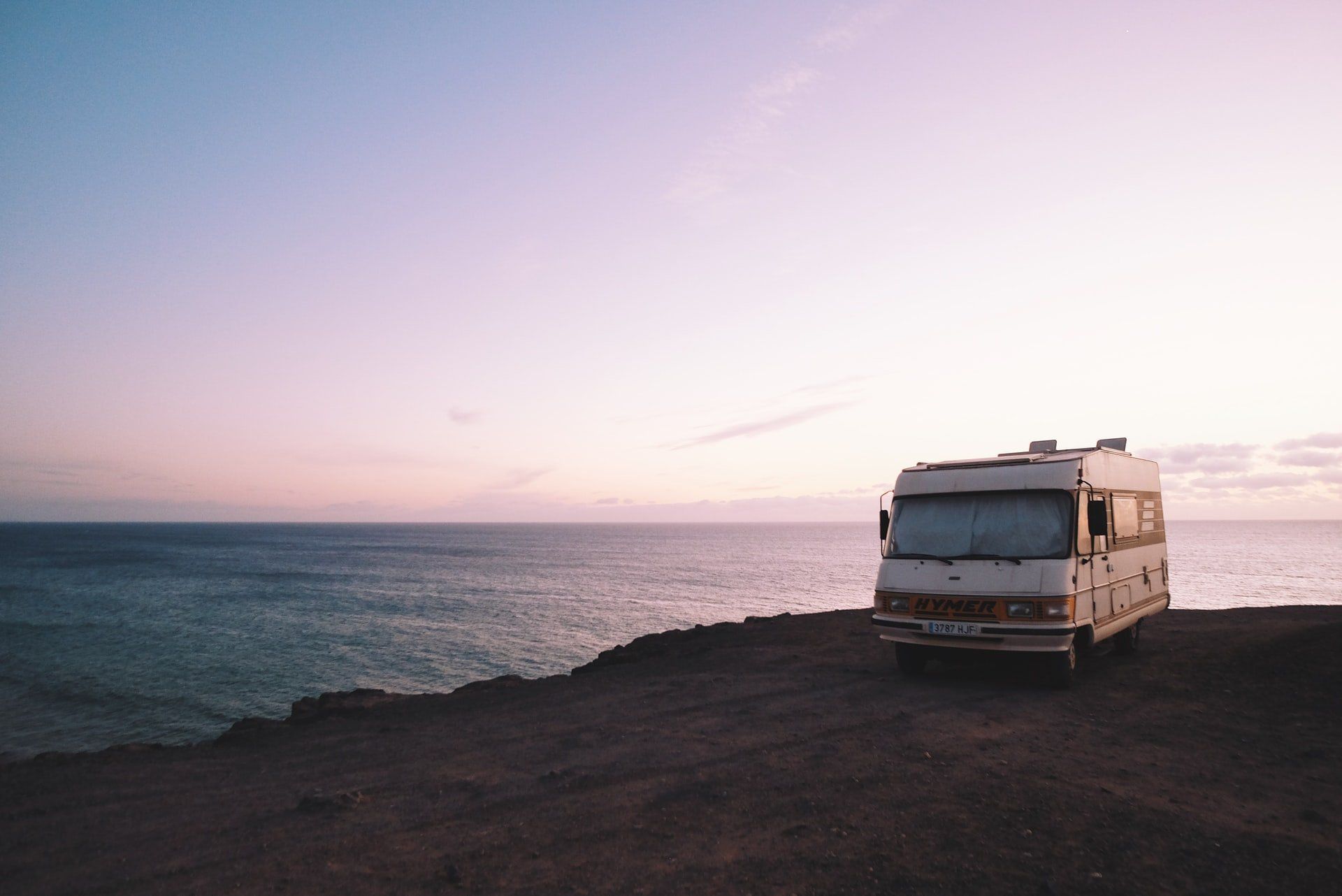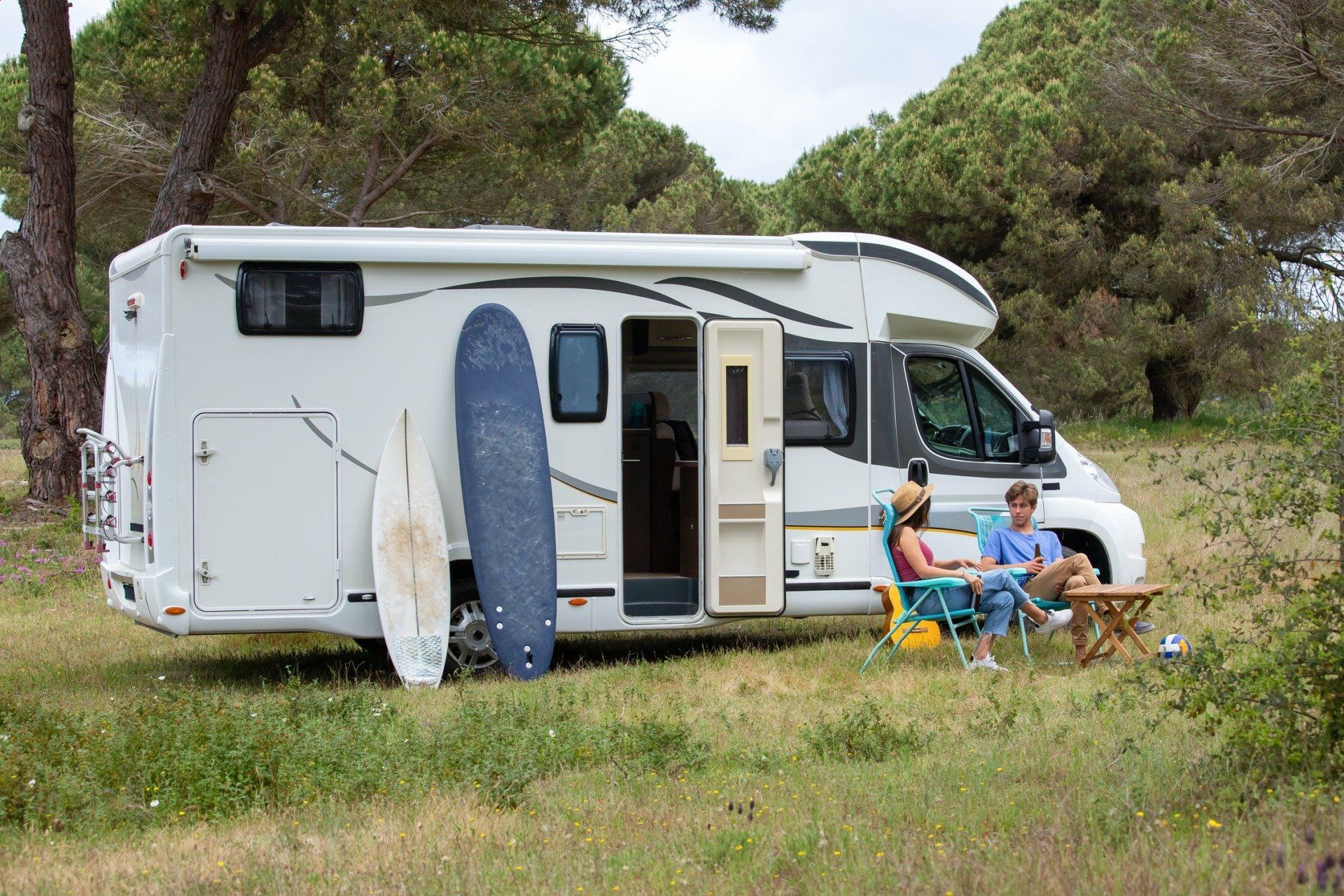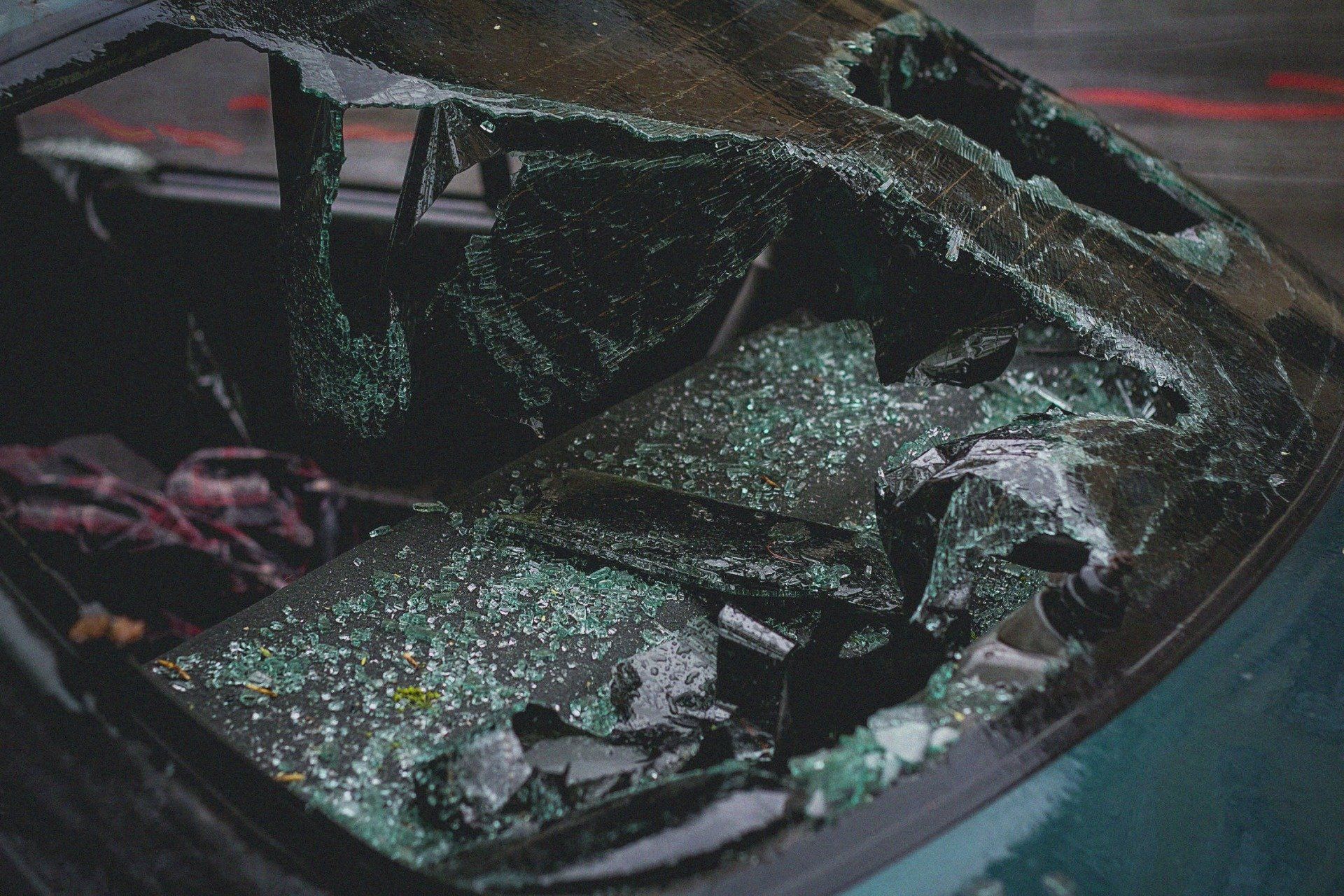RV Insurance in Florida: What You Need To Know About It
- By Joshua Zitting
- •
- 24 Aug, 2021
- •
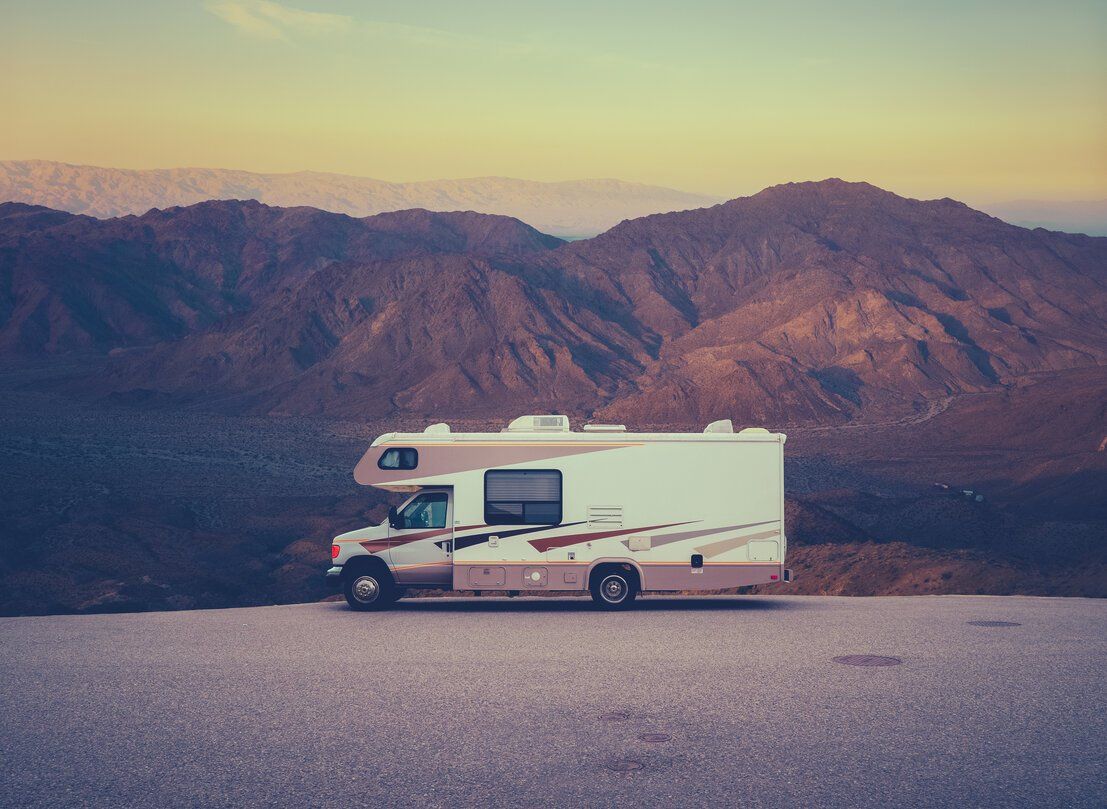
Do you have an RV? Great. Having an RV means you use it often. Now, an important question is, is it covered by insurance? There are various types of RV, and not all can be covered by specific insurance policies. In this post, we’ll discuss everything you need to know about your options for RV insurance coverage plans.
The Type of RVs and Trailers
Before we go into detail about the different RV insurance options you have, let’s first classify the RV you’re driving. Check out the list below:
Class A motorhome: This is the biggest motorhome.
Class B motorhome: The smallest motorhome, which is also referred to as campervans.
Class C motorhome: This is a mid-sized motorhome.
Conventional/fifth-wheel trailers: This has a huge living space and is towed by a vehicle.
Pop-up campers: This has expendable living spaces and is hauled behind another vehicle.
Insurance Coverage Plans for RVs
Liability Coverage
Liability coverage is the same in other types of insurance—it covers the damage you cause to someone else’s property broken into bodily injuries and property damage limits.
Bodily injuries are on a per person and per accident basis. On the other hand, a property damage coverage is only on per accident level.
Comprehensive and Collision
Comprehensive and collision insurance cover physical damage to your RV. In this sense, comprehensive means it will cover incidents, such as animal collisions, theft, vandalism, and falling objects. On the other hand, a collision covers the damages when your RV collides with another property.
This type of insurance has deductibles, which will vary based on your choice. If you want to reduce your insurance premium, you have to increase your deductible.
Uninsured and Underinsured Motorist (UM/UIM)
This type of insurance coverage will protect you when the other party you got into an accident with doesn’t have insurance or have enough coverage to pay for the damages.
Other Available Options
In case you live in your RV, or you need some expensive upgrades, it’s worth exploring insurance add-ons such as the following:
Personal Property and Attachment: This type of insurance coverage protects furniture, sporting equipment, satellite dishes, camping supplies, and other things you have in your RV.
Roadside Assistance: If you are always on the road in your RV, it’s worth considering this insurance add-on. Roadside service for RVs has high-limit coverage.
Full-Time RV: If you’re living in your RV full-time, then you will need this coverage. It’s similar to homeowners’ insurance because it provides higher personal liability and medical payments for injured passengers. It also provides coverage for other items you have in storage while you’re traveling.
Conclusion
Whether you use your RV frequently or not, it’s important to have some form of insurance for your protection and others as well. RV insurance is quite similar to other insurance types, and it’s pretty easy to understand. However, it’s always best to consult a professional to help you find the most suitable insurance coverage for you.
Sanford Insurance Center can assist you with everything about RV insurance in Florida. Regardless of where you want to take the RV, make sure that you and your vehicle are protected. Get in touch with us today.



